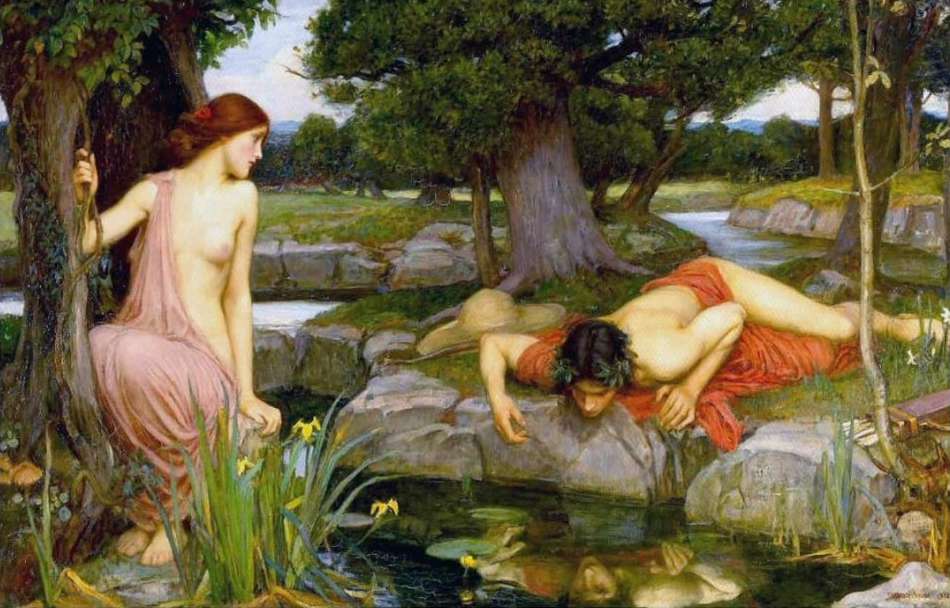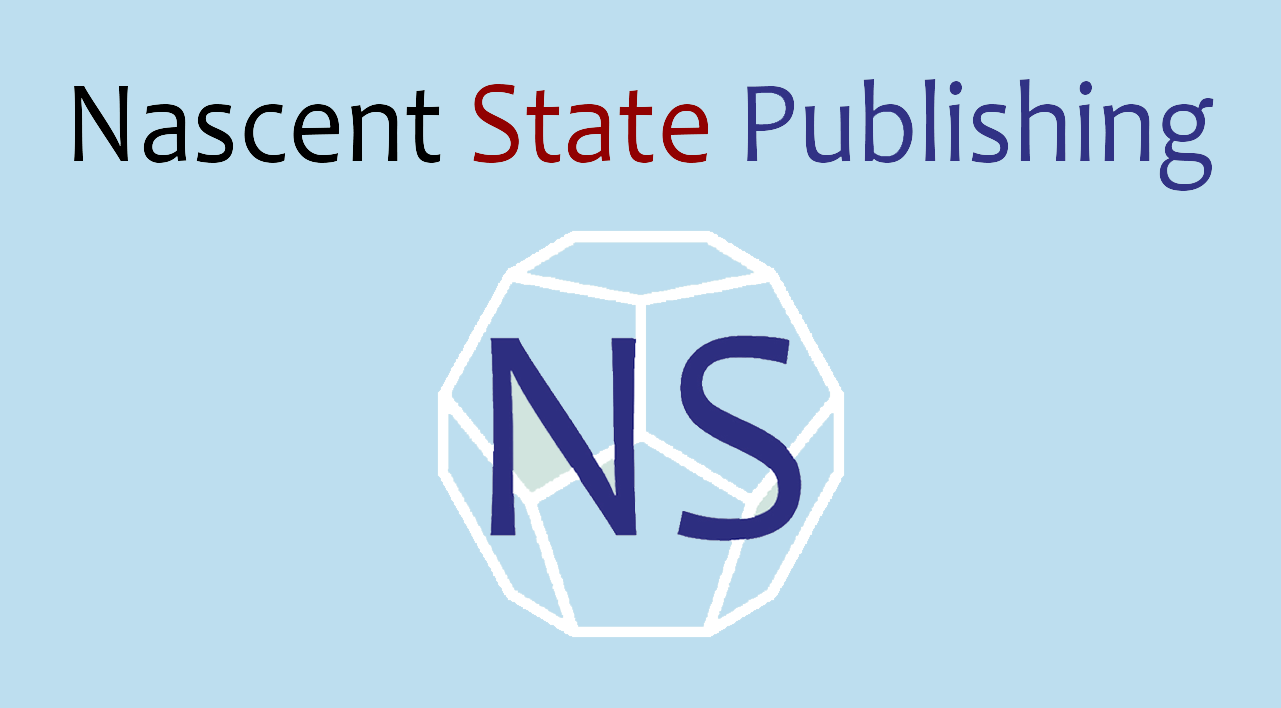
The ABC of Intuition, 4th April 2024
We are born with a natural degree of intuitive ability. We use it for some of the most important decisions and judgements we make in life – whether we will trust someone or not, whether we should bear with a difficult situation or leave it, or whether we feel optimistic about the future or not, and even what we believe is right and important in life. These decisions and judgements are all intuitive, because for the bigger questions in life there is often no right or wrong answer.
We are taught to think logically at school. In a multiple-choice exam, we are presented with a question and four possible answers. We know three of them are wrong, so we work through them until we find the answer without fault and choose that one. This is logic. If life was logical, we could apply the same method to life and never need intuition, but of course life isn’t like that.
And yet for all this we do nothing to improve our intuitive ability. Just as a natural mathematical or musical ability can be improved through practice, understanding and attention, the same can be said of our intuitive ability.
The word ‘intuition’ comes from the Latin word ‘tueri’, which means ‘to watch’ or ‘to guard’. The intuitive mind is the watching mind. It watches over us as we think and speak and act. When we are about to say something inappropriate and stop, or when a thought occurs to us that a pleasure has become an indulgence, or when we feel prompted to act on an issue of conscience, it is the intuitive mind watching over us, calling us to attend to what we are ignoring.
To think logically, we define, label, and categorise what we know. That is because logic deals with the world we know. It is when we are presented with an unknown – a person, an event, or an enigma – that we employ intuition. And we cannot define, label, or categorise what we do not know.
To think intuitively we must consider there may be more to the world than meets the eye. That is why intuition is often expressed in terms of symbolic imagery. A symbolic image is a deliberate enigma, and it provokes us to look beyond what is presented to make sense of it. The intuitive mind is like Echo calling to Narcissus. When we are lost to the outer world, or when we live unthinkingly, or when we believe too much in ourselves, the intuitive mind whispers to us to remind us of what we might be missing.
Some of the biggest mistakes we make in life come from ignoring our intuitive mind, and it is often only in hindsight that we realise it was there, prompting us to listen and to think again. We ignore our intuition at our peril.
(Painting of Echo and Narcissus by John William Waterhouse, 1903.)

Intuition and Perception, 11th April 2024
Japanese woodblock prints of the Edo period (1603 – 1868) did not portray shadows. This is because the artists did not regard shadows as real and saw no reason to depict them.
A paradigm is a shared way of looking at the world. We live in an age dominated by logic, and the principles of logic inform everything we do, from politics to religion, to education, science, philosophy, morality, and even to the media. It is for this reason that any statement, idea, or action must be judged and labelled as either correct or incorrect. This is logic.
It is owing to the dominance of logic that intuition is regarded as little more than a refined instinct. Being regarded as such, it is assumed we can do nothing about our intuition. But of course, we can.
Logic became dominant in Western culture owing to the Church, which adopted it as the means to attack the heresies. It is telling that the word ‘heretic’ means ‘one who chooses’. The twelfth century Alain de Lille, who wrote Contra Haereticos (Against the Heretics), had the following to say about them:
‘The perfect freedom with which they were endowed meant repudiation of all formal religious institutions and law. No hierarchy was needed.’
From the point of view of logic, something is either right or wrong. Intuitively however we can know that something can be mostly right but wrong in parts, or even wrong but understandable. Logical judgement is black and white; intuitive judgement is conditional. It is owing to history that are taught to think logically at school, but not to think intuitively.
Just as we can become better at mathematics, language, music, or art through practice, we can become better at applying intuitive judgement through practice and understanding. If we don’t attend to our intuition, we will still use it, but we may mistake it for raw emotion or self-certainty. We ignore our intuition at our own cost.
(artwork by Utagawa Hiroshige)

Intuition and Inspiration, 18th April 2024
Where do new ideas come from? Logic is under our control – indeed, the purpose of logic is to govern our thought processes – but inspired ideas arrive whole, and instantly, and are more like a gift than a laboured product.
I have had three songs come to me in dreams. This is not a brag – I had no control over the process – but it means that how this can happen is a puzzle to me.
In each dream I thought the song belonged to someone else. It was only after I was unable to place the melody that I realised the song was original. Other songwriters have been inspired by dreams, including Keith Richards with Satisfaction, Jimi Hendrix with Purple Haze, and Paul McCartney with Yesterday. He too was convinced the melody was unconsciously filched:
‘For about a month I went round to people in the music business and asked them whether they had ever heard it before. Eventually it became like handing something in to the police. I thought if no one claimed it after a few weeks then I could have it.’
Dreams were also responsible for Mary Shelley’s Frankenstein, Robert Louis Stevenson’s Dr. Jekyl and Mr. Hyde, and Samuel Taylor Coleridge’s Kubla Khan. Beyond the arts, Niels Bohr, who won the Nobel Prize for Physics for his discovery of the structure of the atom, recalled that the image of electrons revolving around a nucleus, like a solar system, came to him in a dream. And Larry Page stated that he got his vision for the Google landing page from a dream.
Dreams, by their nature, are visionary, immediate, emotional, and above all illogical. It may be that overcoming the constraints of logic is essential to the creative process. If logic deals with the known world, intuition deals with the unknown. Carl Jung wrote:
‘Through our feelings we experience the known, but our intuitions point to things that are unknown and hidden.’
This indicates that intuition may be the key to creativity. To be creative, we have to imagine what is ‘not there’. This can, in highly creative people like William Blake, appear in the form of actual visions. He began to have such visions from a very young age; they stayed with him all his life and informed his art. He wrote:
For double the vision my eyes do see,
And a double vision is always with me.
Just as it is possible to be better at mathematics or grammar through practice and attention, so too is it possible to improve our intuitive ability in the same way. We are all born with a natural degree of intuitive ability, but we do nothing about it and hope it will kick in when we need it. It is possible we have more inspired ideas than we realise, but if the logical (or chattering) mind has our attention, we won’t hear them.
For those who are interested, I am in the process of setting up Intuition Workshops here in Bath. The workshops are not discussions about intuition, but actual practices aimed at putting us in touch with the intuitive mind. The link below provides more information:
Artwork: Henri Rousseau, The Sleeping Gypsy, 1897
